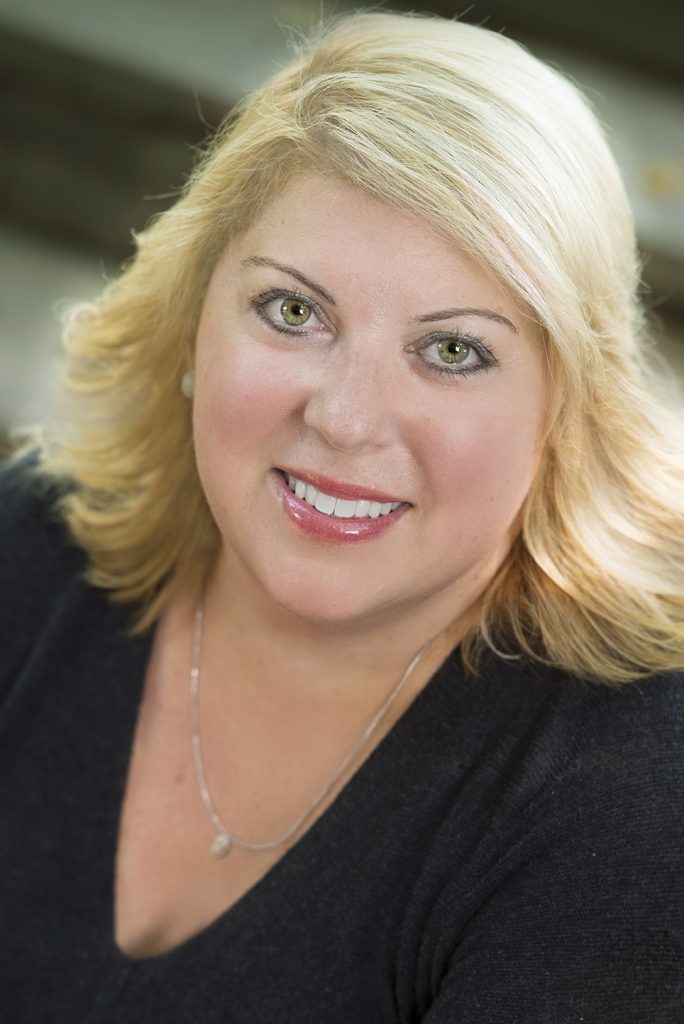For years, the plight of Appalachia has been the dominant narrative of the opioid epidemic. In September 2019, seven inaugural Medill Investigative Lab students decided to take a deeper look into how the epidemic plays out in other communities.
We quickly found that Native Americans have been disproportionately impacted by opioid addiction. Pockets of the Pacific Northwest with high concentrations of Native communities have been hit as hard as their white counterparts on the opposite coast.
We wanted to tell this little-known story.
By analyzing national data, we pinpointed the small, coastal town of Sequim along Washington’s Olympic Peninsula. Here, opioid addiction has touched the lives of many members of the Jamestown S’Klallam tribe, which for generations has made its home in the picturesque community squeezed between the mountains and the sea.
The tribe is pushing to help its own people – and the surrounding community — by opening an addiction recovery center that combines medication-assisted treatment with traditional Native American healing. A vocal group of opponents are pushing back, citing concerns about homelessness and safety.
In Sequim, we interviewed citizens impacted by addiction, city and tribal leaders, healthcare providers and members of the opposition group. We also broadened our reporting to include accounts of Native American children left orphaned by the epidemic, tribes that have turned to cannabis to fund social programs, healers who use traditional medicine to treat addiction and families working to heal.
The following stories aim to shed light on addiction and recovery, traditional and modern healing approaches and what it means to be Native in a country that continues to battle an opioid epidemic.
— Alena Prcela and Daniel Konstantino

Debbie Cenziper is an associate professor and the director of investigative reporting at Medill. She also oversees the Medill Investigative Lab. Besides teaching, Cenziper is a Pulitzer Prize-winning investigative reporter and nonfiction author who writes for The Washington Post. She spent three years at The George Washington University before joining the faculty of Medill.
Over the years, Cenziper’s investigative stories have exposed wrongdoing, prompted Congressional hearings and led to changes in federal and local laws. In her classes at Medill, Cenziper and her students focus on social justice investigative reporting.
Cenziper has won dozens of awards in American print journalism, including the Robert F. Kennedy Award for reporting about human rights and the Goldsmith Prize for Investigative Reporting from Harvard University. She received the Pulitzer Prize in 2007 at The Miami Herald for a series of stories about corrupt affordable housing developers who were stealing from the poor. A year before that, she was a Pulitzer Prize finalist for stories about dangerous breakdowns in the nation’s hurricane-tracking system.
Cenziper is a frequent speaker at universities, writing conferences and book events. Her first book, “Love Wins: The Lovers and Lawyers Who Fought the Landmark Case for Marriage Equality,” (William Morrow, 2016) was named one of the most notable books of the year by The Washington Post. Her second book, “Citizen 865: The Hunt for Hitler’s Hidden Soldiers in America,” was released by Hachette Books in November 2019.
Cenziper is based on Medill’s Washington, D.C. campus, working with undergraduate and graduate students on investigative stories.